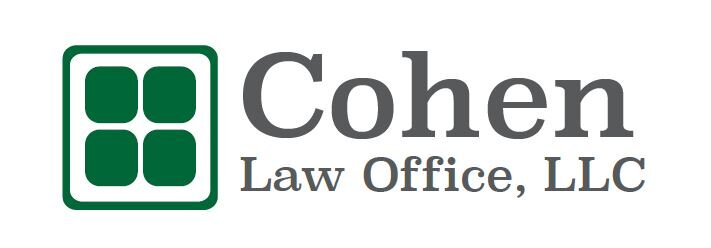Are you facing serious debt problems? If so, bankruptcy may offer a powerful solution. Filing for bankruptcy is a big decision. By learning about various types of bankruptcy and considering all of your alternatives, you can make sure that you are making an informed decision for your future.
Learn About the Types of Bankruptcy
For individuals filing for bankruptcy, there are two main options:
Chapter 7 Bankruptcy
The most common reasons for a Chapter 7 filing are medical expenses, home foreclosure, repossession, and credit card debt. Chapter 7 bankruptcy eliminates the majority of consumer debt by liquidating nonexempt assets and then paying creditors with funds collected. Any remaining debts are discharged, wiping the slate clean, allowing you a fresh start.
A Hiram bankruptcy attorney can advise you on whether or not you qualify for Chapter 7 bankruptcy. Chapter 7 bankruptcy may be a good option for you if:
You are overwhelmed by debt and having a hard time making ends meet
You do have little “extra” spending money
You own very little property, except for the basics (like clothing and furniture) and you have property needed for your job (like work tools)
You rent an apartment or home; and/or you have little equity in your home
Chapter 13 Bankruptcy
Chapter 13 bankruptcy is a debt consolidation or reorganization plan. The debtor makes payments each month for 3-5 years. With Chapter 13 bankruptcy, you are often able to keep your home and vehicles.
Because of the complex bankruptcy laws, it is important to discuss all of your options with an Atlanta bankruptcy lawyer at Cohen, Law Office LLC. You may consider Chapter 13 bankruptcy if:
- You would like to repay your debts, but you will need the protection of the bankruptcy court to be able to do so.
- Your income exceeds your monthly expenses, but is not enough to pay your debt
- You are behind on your mortgage or car loan payments, you would like to make up the missed payments (you can only make up the missed payments in Chapter 13 bankruptcy)
- You own valuable nonexempt property. If you have significant property you would have to give up under Chapter 7 bankruptcy, you may find that Chapter 13 is a better option
- You filed for Chapter 7 bankruptcy within the past eight years (you cannot file Chapter 7 bankruptcy again until those eight years have passed)
Are you eligible for bankruptcy?
In some cases, you may not be able to file for bankruptcy because of your income. For example, you may be prohibited from filing for Chapter 7 bankruptcy if you have enough income to make payments through a repayment plan with Chapter 13 bankruptcy. There are some situations where you would not qualify for Chapter 13 bankruptcy such as if your income is too low or you have too much debt.
What to Consider Before Filing for Bankruptcy
Your Personal Life: It is important to consider how bankruptcy can affect your personal life. In fact, many people are surprised by how intrusive the process can be. You will need to disclose details about your finances to the court.
Loan Cosigners: If you had a friend or relative cosign a loan agreement, you will want to consider how filing for bankruptcy can affect their financial situation. Chapter 13 bankruptcy will protect your cosigner. However, filing Chapter 7 bankruptcy means they will be stuck with the debt you are unable to pay.
Your Home: Before you file for bankruptcy it is important to sit down and determine what will happen to your home if you file for bankruptcy. If you are having trouble making your mortgage payments, it may become easier if other debts are forgiven. It’s important to remember, if you do have a lot of equity in your home, you could lose it in Chapter 7 bankruptcy. Alternatively, if you have enough income, you could file for Chapter 13 bankruptcy–your mortgage payments would be included in your repayment plan.
If your debt is overwhelming, bankruptcy can be a way to help you take control of your financial situation. If you are considering bankruptcy, it is important to discuss all of your options with an experienced Hiram bankruptcy attorney. The bankruptcy attorneys at Cohen Law Office, LLC can help you navigate the complicated Georgia bankruptcy process.

